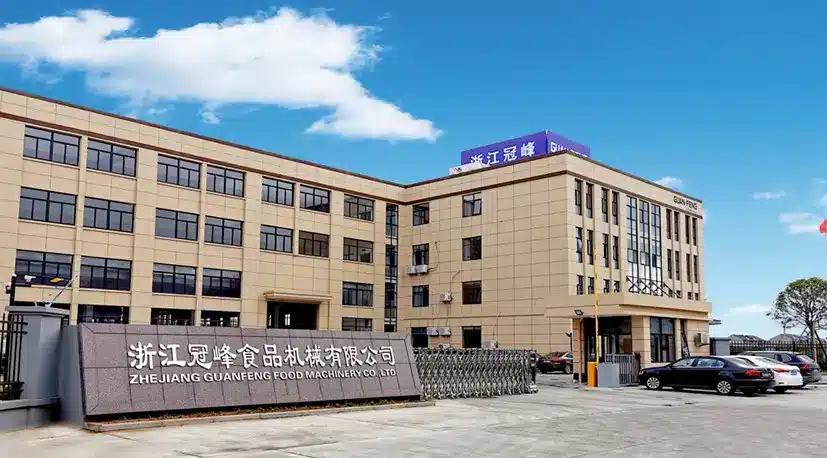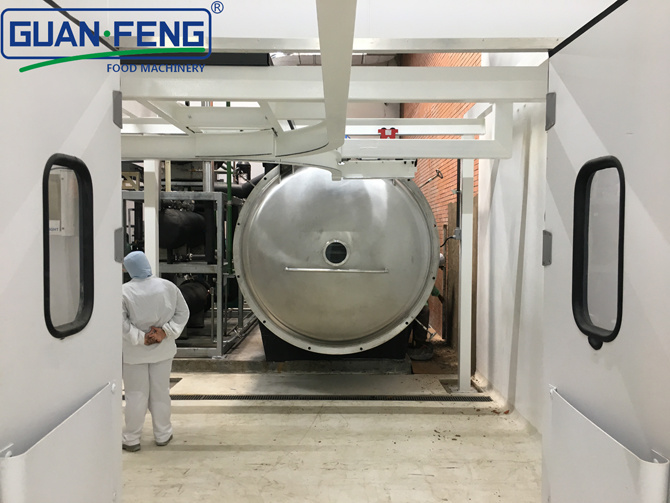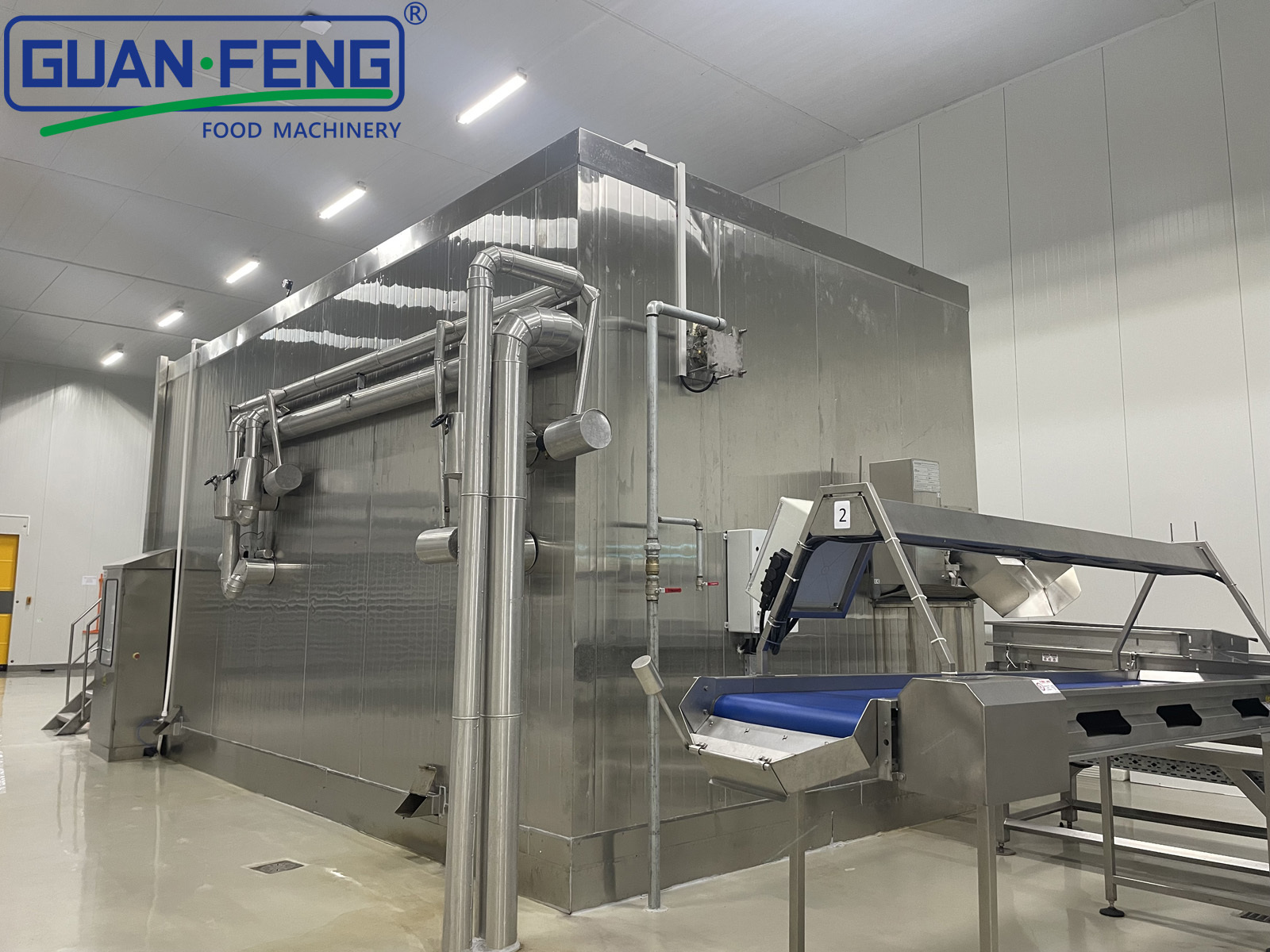BLOG
Focus on hot topics, real-time dynamics
Understanding Vacuum Freeze Drying Machines: A Comprehensive Guide for Professionals
Vacuum freeze drying machines, also known as lyophilizers, are advanced industrial equipment designed to remove moisture from materials while preserving their structural integrity and nutritional value. This process, known as freeze-drying, involves freezing the product and then reducing the surrounding pressure to allow the frozen water in the material to sublimate directly from ice to vapor. This technology is widely used across various industries, including pharmaceuticals, food processing, and biotechnology, due to its ability to maintain the quality and potency of sensitive materials.
One of the primary advantages of vacuum freeze drying machines is their capability to preserve the original properties of the material being processed. Unlike traditional drying methods that employ heat, which can degrade sensitive compounds, freeze-drying operates at low temperatures. This is particularly beneficial for preserving the flavors, colors, and nutritional content of food products, making it a preferred method in the food industry for items like fruits, vegetables, and ready-to-eat meals.
Another significant benefit is the extended shelf life that vacuum freeze drying provides. By removing moisture, the growth of microbes and enzymes that cause spoilage is effectively inhibited. This not only enhances the longevity of food products but also reduces waste, which is a crucial consideration in food production and storage.
In the pharmaceutical industry, vacuum freeze drying machines are indispensable for the preservation of vaccines and injectable drugs. The freeze-dried forms of these pharmaceuticals offer advantages such as easier transportation and storage, as they do not require refrigeration until they are reconstituted for use. This capability is critical for ensuring that medical supplies remain effective and safe for patients.
Moreover, vacuum freeze drying is highly efficient, allowing for the processing of large batches simultaneously. The equipment is designed to operate in controlled environments, ensuring consistency and quality in the final product. Advanced models may include features such as automated monitoring systems, which help optimize the drying cycle and enhance productivity.
When selecting a vacuum freeze drying machine, professionals should consider factors such as the scale of production, the specific material properties of the products to be dried, and any regulatory requirements that may apply to their industry. Understanding these elements will help ensure that the chosen system meets both operational needs and compliance standards.
In conclusion, vacuum freeze drying machines represent a pivotal technology in various industries, facilitating the preservation of essential products while maintaining their quality. By understanding the operational principles and benefits of these machines, industrial professionals can make informed decisions that ultimately enhance productivity and product integrity.
One of the primary advantages of vacuum freeze drying machines is their capability to preserve the original properties of the material being processed. Unlike traditional drying methods that employ heat, which can degrade sensitive compounds, freeze-drying operates at low temperatures. This is particularly beneficial for preserving the flavors, colors, and nutritional content of food products, making it a preferred method in the food industry for items like fruits, vegetables, and ready-to-eat meals.
Another significant benefit is the extended shelf life that vacuum freeze drying provides. By removing moisture, the growth of microbes and enzymes that cause spoilage is effectively inhibited. This not only enhances the longevity of food products but also reduces waste, which is a crucial consideration in food production and storage.
In the pharmaceutical industry, vacuum freeze drying machines are indispensable for the preservation of vaccines and injectable drugs. The freeze-dried forms of these pharmaceuticals offer advantages such as easier transportation and storage, as they do not require refrigeration until they are reconstituted for use. This capability is critical for ensuring that medical supplies remain effective and safe for patients.
Moreover, vacuum freeze drying is highly efficient, allowing for the processing of large batches simultaneously. The equipment is designed to operate in controlled environments, ensuring consistency and quality in the final product. Advanced models may include features such as automated monitoring systems, which help optimize the drying cycle and enhance productivity.
When selecting a vacuum freeze drying machine, professionals should consider factors such as the scale of production, the specific material properties of the products to be dried, and any regulatory requirements that may apply to their industry. Understanding these elements will help ensure that the chosen system meets both operational needs and compliance standards.
In conclusion, vacuum freeze drying machines represent a pivotal technology in various industries, facilitating the preservation of essential products while maintaining their quality. By understanding the operational principles and benefits of these machines, industrial professionals can make informed decisions that ultimately enhance productivity and product integrity.
Hot Tags:
PREVIOUS:
Contact Us
E-mail:
sales@syguanfeng.com
Tel:
+86 15088506234
Address:
South Industrial Park of Dongguan, Shangyu District, Shaoxing City,Zhejiang Province,China.
GUANFENG, your customization experts!
GUANFENG FOOD MACHINERY - leading supplier of integrated food processing solutions
Copyright© 2024 ZHEJIANG GUANFENG FOOD MACHINERY CO.,LTD.










